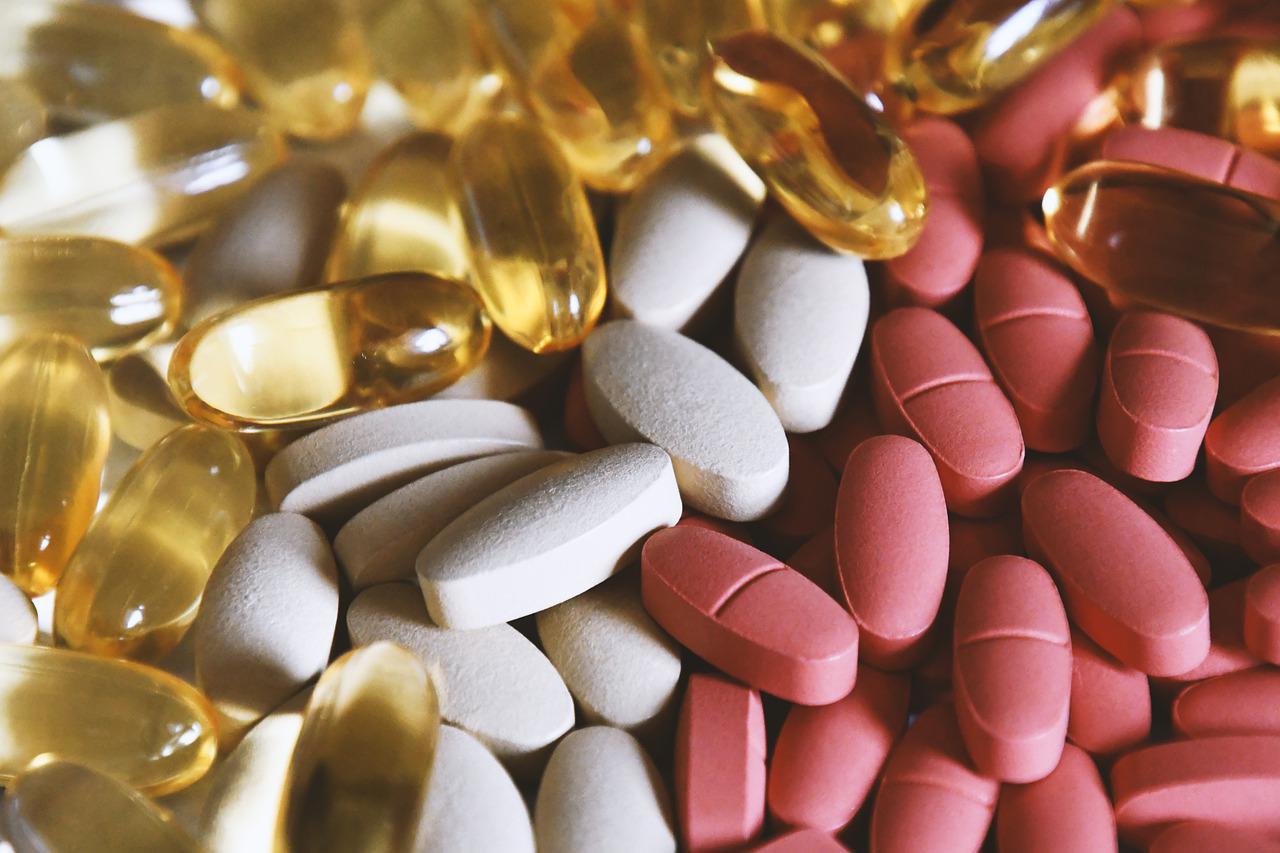Introduction
Certain minerals and vitamins are essential for healthy eyes. These can be found in both natural foods and in supplements. Whole grains, low-fat/fat-free milk and milk products, fruits and vegetables constitute a healthy diet. Others are poultry, nuts, beans, eggs, fish and lean meat. This diet is also low in cholesterol, added sugars, sodium, trans fats and saturated fats.
The most important vitamins for healthy eyes include A, C, E and B-vitamins. Research has shown that these vitamins are powerful antioxidants that can protect the eye and prevent oxidative stress (an imbalance between free radicals and antioxidants). Free radicals are molecules that contain oxygen alongside an uneven number of electrons and can damage tissue throughout the body. Eye diseases such as cataracts, glaucoma and age-related macular degeneration (AMD) have been linked to deficiencies in certain vitamins.
Supplements are nutritional products that comprise vitamins and other nutrients beneficial to the body, eyes included. However, these supplements should not replace the nutrients found in a healthful diet. A big problem is some people opt for poor diets linked to various health issues including loss of vision. But a good diet will remedy a lot of health issues. Eye supplements are not mandatory to maintain healthy eyes and good vision. Still, the doctor may recommend supplements if your daily diet lacks key vitamins or nutrients your body needs. Supplements are also useful if you have been diagnosed with a deficiency that increases your risk of disease development.
Research by the National Eye Institute (NEI) showed that eye supplements mainly benefit people with AMD as they slow down its progression. Nevertheless, emphasis is placed on the fact that these supplements can only slow the disease, not prevent it from developing in the first place.
From the findings of the Age-Related Eye Disease Studies (AREDS and AREDS2), the Institute has recommended the following supplement formulation in capsule form; 500 mg vitamin C; 400 IU vitamin E; 10 mg lutein; 2 mg zeaxanthin; 80 mg zinc; and 2 mg copper.
The capsules are taken two times a day. Although people can still get vitamins and minerals from a good diet, NEI believes that AREDS2 contains high doses of nutrients that diet alone cannot provide. However, seek medical advice before taking AREDS2. The literature shows that patients with eye conditions like cataracts, dry eyes and retinal issues can benefit from these supplements.
Expert opinion still holds that the best source of vitamins is a healthful diet and that supplements should only be prescribed to people with a high risk of developing any eye disease, those with a known dietary deficiency and AMD patients.
The following vitamins are beneficial to eye health:
Vitamin A activates rhodopsin, a protein that enables people to see in low-light conditions. Deficiencies in this vitamin can result in night blindness. These deficiencies also cause dry eyes since one of its functions is to keep the eye lubricated. Beta carotene is the pigment present in many colorful vegetables and fruits and is the main source of vitamin A. Foods rich in vitamin A include squash, pumpkin, tomatoes, sweet potatoes, peaches, bell peppers and green vegetables.
Vitamin E is a powerful antioxidant that helps to fight free radicals. Radicals can damage the proteins within the eye and lead to cataract formation. A study indicates that people who consume sufficient amounts of vitamin E supplements experience better lens clarity. However, the same study showed that vitamin E may not prevent the progression of cataracts. Vitamin E sources include sweet potatoes, almonds, vegetable oils and wheat germ.
According to research findings, combining vitamins B-6, B-9 and B-12, if taken daily, can decrease the risk of developing AMD. Further research indicates that taking high doses of vitamin A, protein and B-vitamins (riboflavin, niacin and thiamine), lowers the chances of developing cataracts. In South Korea, one study demonstrated a link between decreased niacin (B-3) intake and glaucoma.
Lutein and zeaxanthin are carotenoids with anti-inflammatory properties that reduce the risk of developing chronic eye diseases. These carotenoids help protect the eye from the sun, lowering the risk of cataract development. Orange and yellow fruits, kales, spinach, pepper, peas, corn, broccoli and dark green vegetables contain generous amounts of the two nutrients. Lutein and zeaxanthin are also present in the lens and retina of the eye. Other foods that contain abundant amounts of carotenoids include maize, kiwis, peas, zucchinis, persimmons, egg yolk, squash and tangerines.
Zinc is a powerful antioxidant that transports vitamin A from the liver to the retina and assists the vitamin in creating melanin (an eye-protective pigment). Zinc is also found naturally in your eye. A zinc deficiency can cause hazy cataracts and blurry night vision. Copper absorption is lessened with zinc intake; hence, zinc should be combined with copper supplements.
Omega-3 fatty acids help with retinal function, development of normal vision and promotion of good vision. They reduce inflammation and assist with the healing and regeneration of retinal cells damaged by age and light exposure. Studies suggest that omega-3s increase tear production and protect the eyes against glaucoma and AMD. Foods rich in omega-3 fatty acids include fish such as tuna, salmon and other cold-water fish, along with other foods such as walnuts and all green leafy vegetables.
Bilberry looks like a blueberry and has been shown to improve night vision. However, it can interact with medications like ibuprofen and aspirin. The effect is blood thinning and an increase in bleeding during surgery.
Because they are fat-soluble, excessive consumption of vitamins A and E can damage the liver, cause headaches and create skin problems.
Zinc may have long-term toxic effects. Side effects can also arise when certain medications interact with any vitamin or supplement. If pregnant, seek medical advice before taking any supplements.
It is advisable to purchase multivitamins instead of buying them separately. Read the labels carefully and follow the guidelines. Ensure the supplements have not expired and make sure the seal remains unbroken. Strictly follow the serving size. Capsules are recommended over tablets because they cause less stomach upset. Avoid supplements that contain corn, dairy products, or wheat as fillers due to allergic reactions. Do not exceed the recommended dosage.
While vitamins and supplements are good for healthy eyes, strive to obtain all the necessary nutrients from natural foods. These foods are locally and easily available. Just ensure that you follow the guidelines of a healthful diet. However, for those with an existing diagnosis or are at risk of developing an eye disease, seek your doctor’s opinion on the best possible options.


